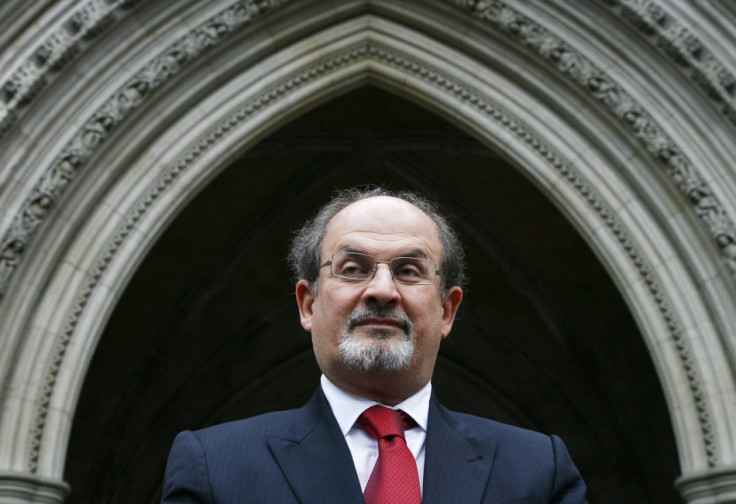Salman Rushdie on terrorism: Most of the oppression of Muslims is carried out by other Muslims

Sir Salman Rushdie has many haters in the Muslim world. His book Satanic Verses led to severe criticism from the community and back in 1989 Iranian leader Ayatollah Khomeini offered a bounty on his head. This however, has not stopped the acclaimed author from voicing his opinion of religion and Islam in particular.
In the latest video posted on the YouTube channel Big Think, Rushdie has gone on to talk about terrorism in the name of Islam. He explains the need to accept that since many of the acts of terrorism are being done in the name of Islam, it is imperative that it be recognised for its religious links. His comments relate to the fact that individuals within and without the community have stressed that terrorism of this sort is not Islamic and should not be linked to the religion.
"If everybody engaged in acts of Islamic terrorism says that they're doing it in the name of Islam who are we to say they're not," he said in the video which was released on 25 May. "I think it's perfectly legitimate to be highly critical of religion in general and in particular right now the use is being made of the Islamic religion because of, I mean, what's happening in the world, you know. I think to say that that's not to do with Islam is just a logical impossibility."
The Booker Prize-winning novelist, who was forced to live a decade under the threat of a fatwa following his controversial book, pointed out that despite the anti-terrorism coalition and the key role the West is playing in it, outsiders are not the ones responsible for most Muslim killings.
"That's to say most of the Muslim deaths in the world right now are not caused by American drones. They're caused by Islamic attacks on Muslims of another type, you know. Shiite attacks on Sunnis. Sunni attacks on Shiites. Most of the oppression of Muslims in the world right now is carried out by other Muslims, you know. Whether it's the Taliban in Afghanistan or, you know, the Ayatollah or wherever it might be."
Rushdie, who was knighted in 2007 for his contribution to literature, believes that the first step in dealing with the issue of "Islamic terror" – as he calls it – is to recognise it for what it is. "The problem is that there's been a mutation in Islam which has become unusually virulent and powerful. And it needs to be dealt with but in order to deal with it we have to first call it by its true name."
In February of this year, Iranian media put a new fatwa of Rushdie and the Islamic Republic put a $600,000 (£423,000) bounty on him to mark the anniversary of the first one.
© Copyright IBTimes 2025. All rights reserved.






















